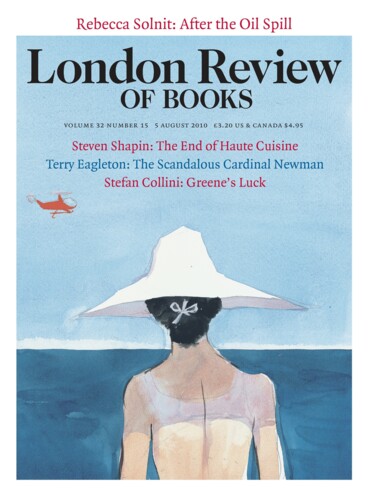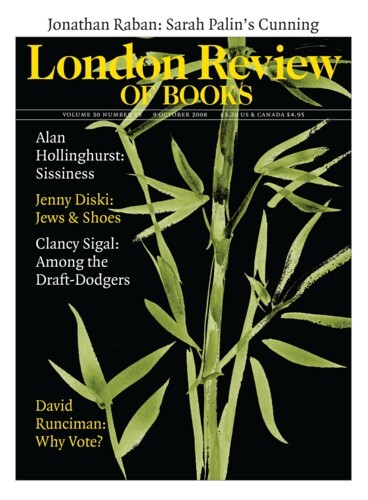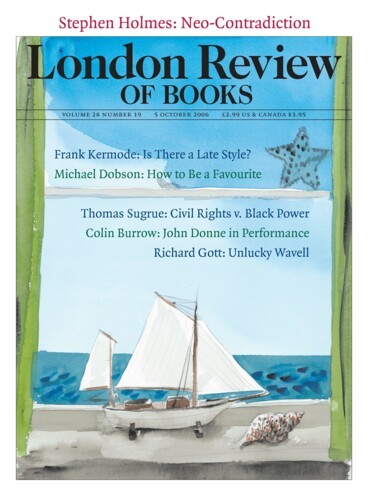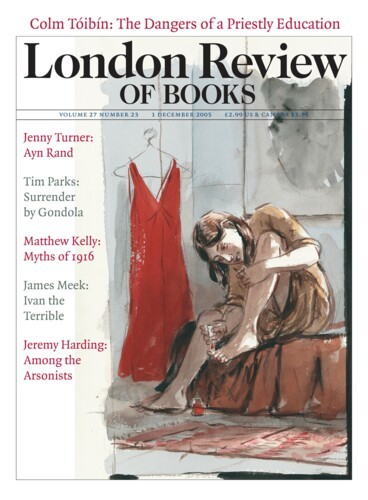With Bit and Bridle: 18th-Century Ireland
Matthew Kelly, 5 August 2010
On 12 March 1689, James II, the deposed king of England and Ireland, Catholic and absolutist, landed at Kinsale on the south coast of Ireland with a substantial French force. He had fled England a few months before when William and Mary had been declared joint sovereigns – the so-called ‘Glorious Revolution’. In April, the House of Commons responded by voting for war with...




